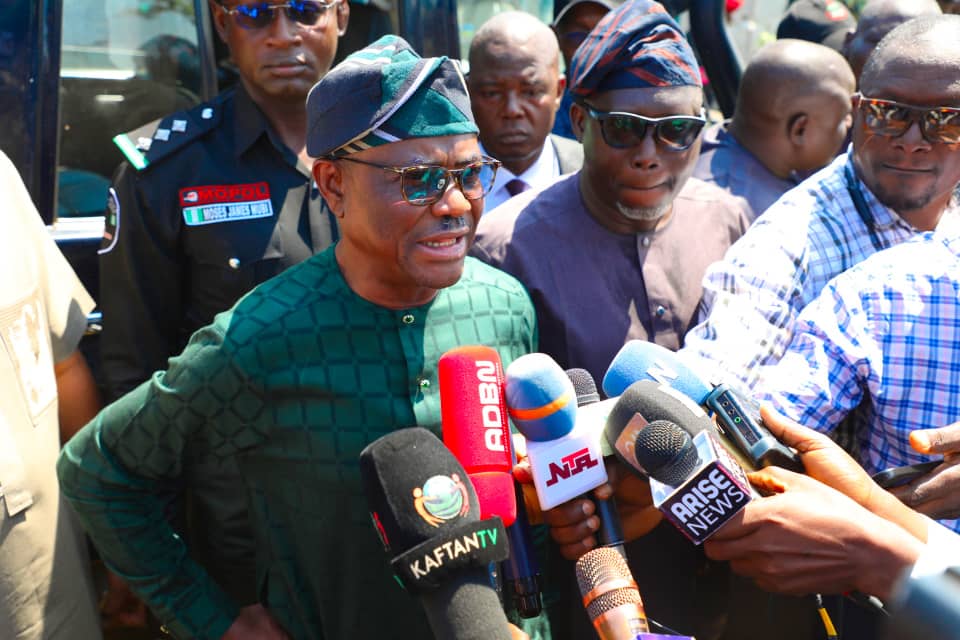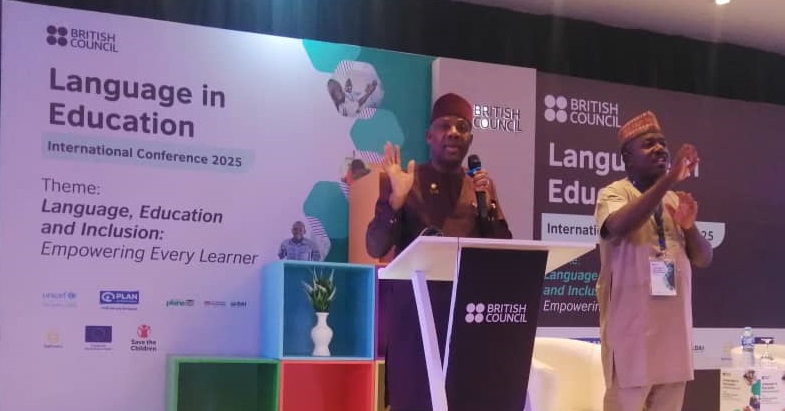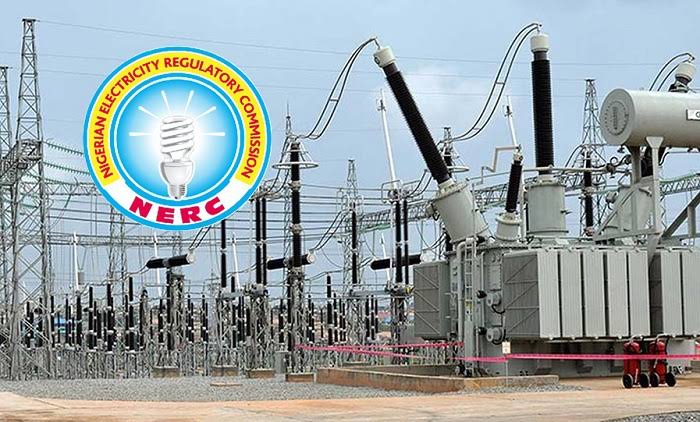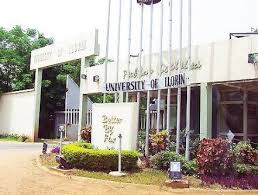By: Goodluck E. Adubazi, Abuja.
The Minister of Education, Dr. Tunji Alausa, on Wednesday reaffirmed President Bola Ahmed Tinubu’s commitment to overhaul Nigeria’s education sector, declaring that the administration is ready to take “bold and sometimes difficult decisions” to fix the system and restore its lost glory.
Speaking while declaring open the two-day British Council International Education and Language Council at the Abuja Continental Hotel, Dr. Alausa said the President had given a clear mandate to reposition education as a driver of national development.
“President Tinubu has given us the charge to fix Nigeria’s education system — even if it means taking tough decisions a thousand times over,” Alausa said. “We are determined to deliver a sector that energises every learner and leaves no one behind.”
The conference, themed “Language, Education and Inclusion: Empowering Every Learner in Sub-Saharan Africa,” brought together education commissioners, scholars, language experts, and policymakers from across the continent.
The minister unveiled key components of the Nigeria Education Sector Renewal Initiative, which he said aligns with the President’s Renewed Hope Agenda. The initiative focuses on access, equity, and quality across basic, technical, tertiary, and digital education.
Highlighting recent reforms, Alausa listed the Nigeria Education Data Initiative, which uses a digital management system to collect real-time data from 36 states, as well as programmes targeting out-of-school children through school feeding, digital learning, and vocational skills training.
He disclosed that the ministry has accredited over 1,660 technical and vocational centres, trained 2,600 tutors, and currently has 80,000 students enrolled in technical education programmes nationwide.
Alausa also announced a new focus on STEM and Medical Education, expansion of student loan schemes, and a Diaspora Bridge Programme connecting Nigerian professionals abroad with local tertiary institutions for mentorship and research collaboration.
On the contentious language policy in education, the minister clarified that recent government decisions were based on “evidence, not sentiment.” He explained that while mother-tongue instruction has value, data from some regions show it has not improved learning outcomes.
“We reviewed all the data, and what we found is clear — policies must be guided by evidence, not emotion,” Alausa said. “Without data, governance is guesswork. We are committed to restoring the high standards Nigeria’s education was once known for.”
He urged participants to collaborate in developing inclusive and transformative education strategies for Africa, adding that the government remains resolute in ensuring that no learner is left behind.












